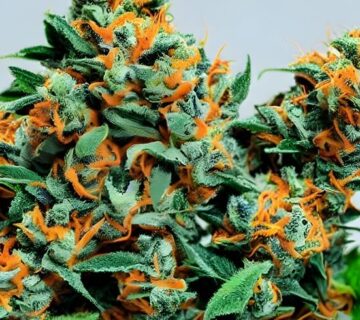Producing cannabis concentrates involves extracting cannabinoids (like THC and CBD), terpenes, and other beneficial compounds from the cannabis plant, creating a highly potent and versatile product. The process begins with selecting high-quality cannabis flower or trim, depending on the desired concentrate. Extraction methods vary, but the most common include solvent-based extraction (using chemicals like butane, propane, or ethanol) and solventless extraction (using mechanical processes like heat, pressure, or ice water).
Solvent-Based Extraction:
In solvent-based methods, the plant material is placed into a closed-loop system, where a solvent like butane or propane is used to dissolve the cannabinoids and terpenes from the plant. The resulting mixture is then filtered and purged of any remaining solvent through processes like vacuum purging, leaving behind a concentrated resin or oil. Depending on the post-extraction treatment, the final product can take the form of shatter (glass-like and brittle), wax (soft and malleable), or live resin (high in terpenes and made from fresh-frozen cannabis). Ethanol extraction is often used for large-scale production due to its efficiency, and the resulting concentrate can be further refined through winterization and distillation to produce ultra-pure products like distillates.
Solventless Extraction:
For solventless concentrates, mechanical processes like rosin pressing or ice water extraction are used. In rosin pressing, cannabis buds are subjected to high heat and pressure, squeezing out a resinous concentrate without the use of solvents. This method produces a clean, potent concentrate like rosin. Ice water extraction involves agitating the plant material in ice water, which causes the trichomes (tiny resin glands containing cannabinoids and terpenes) to break off. These trichomes are then collected, dried, and processed into bubble hash or kief.
Post-Processing:
After extraction, the concentrate may undergo further refinement processes such as decarboxylation (activating cannabinoids by applying heat), terpene reintroduction (to enhance flavor profiles), or fractional distillation (to isolate specific cannabinoids like THC or CBD). The final product is tested for potency, purity, and residual solvents before being packaged for sale.
Producing cannabis concentrates requires precision and care, as improper handling of solvents or temperatures can affect the quality, potency, and safety of the product.

